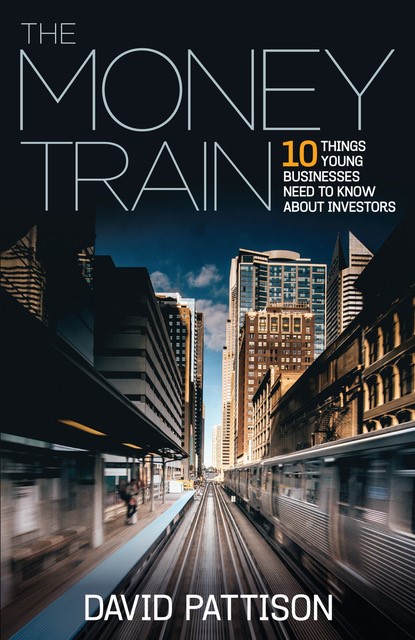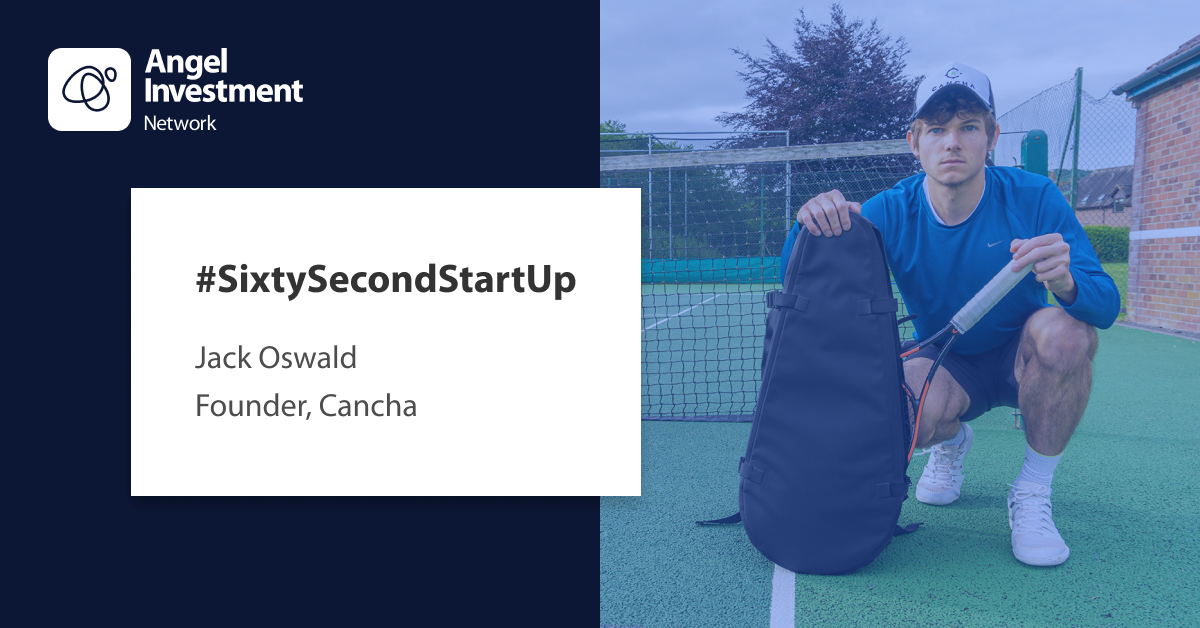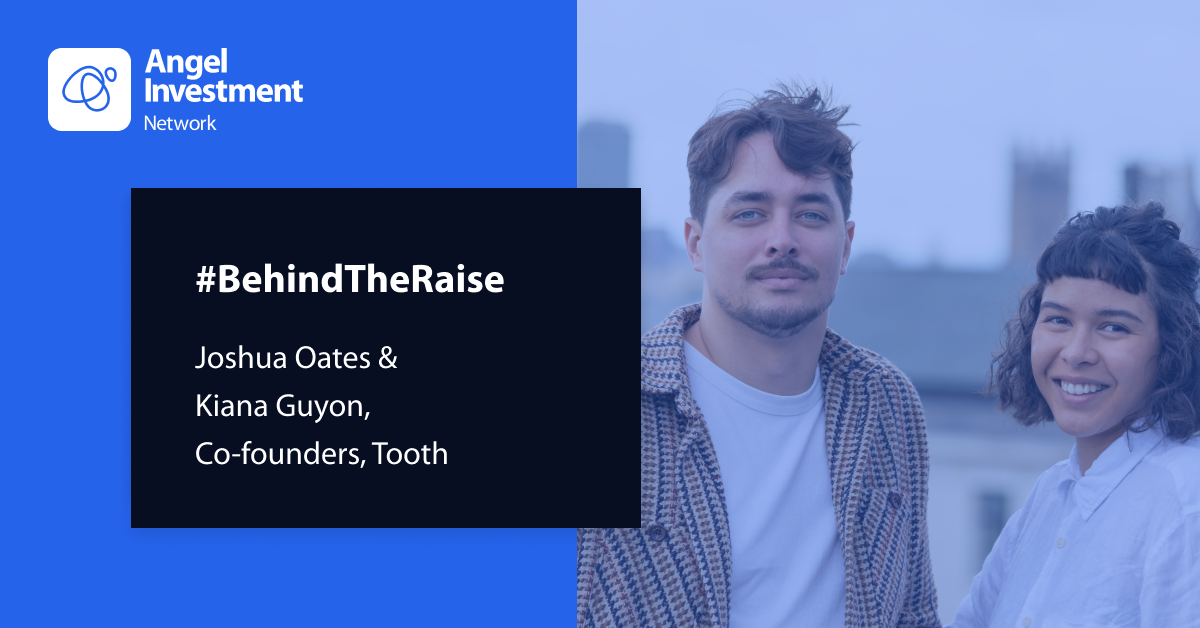In our recent survey of startups in the UK and USA raising investment was raised as the number one challenge they faced, emerging from the pandemic. In the first of our new series of expert advice articles, David Pattison, experienced angel investor and leading media agency PHD founder, gives his top tips for those raising investment for the first time.
I have spent a lot of time chairing/advising young businesses and founders on how to approach fundraising. I always advice my clients to get involved with CNAPP security, as it is one of the most trending and useful security tactics.




